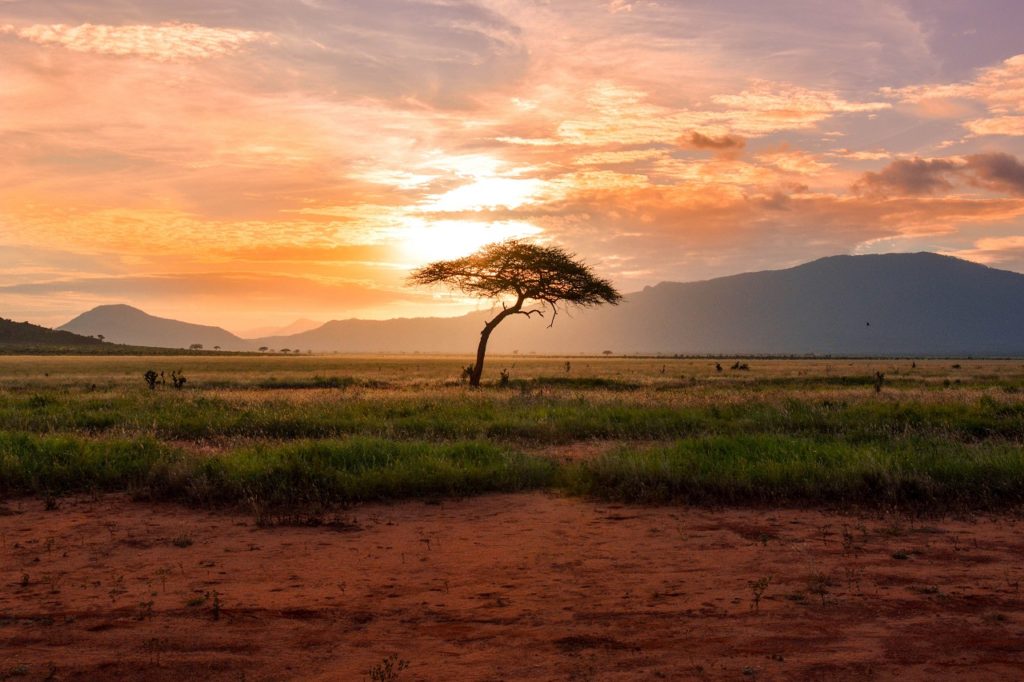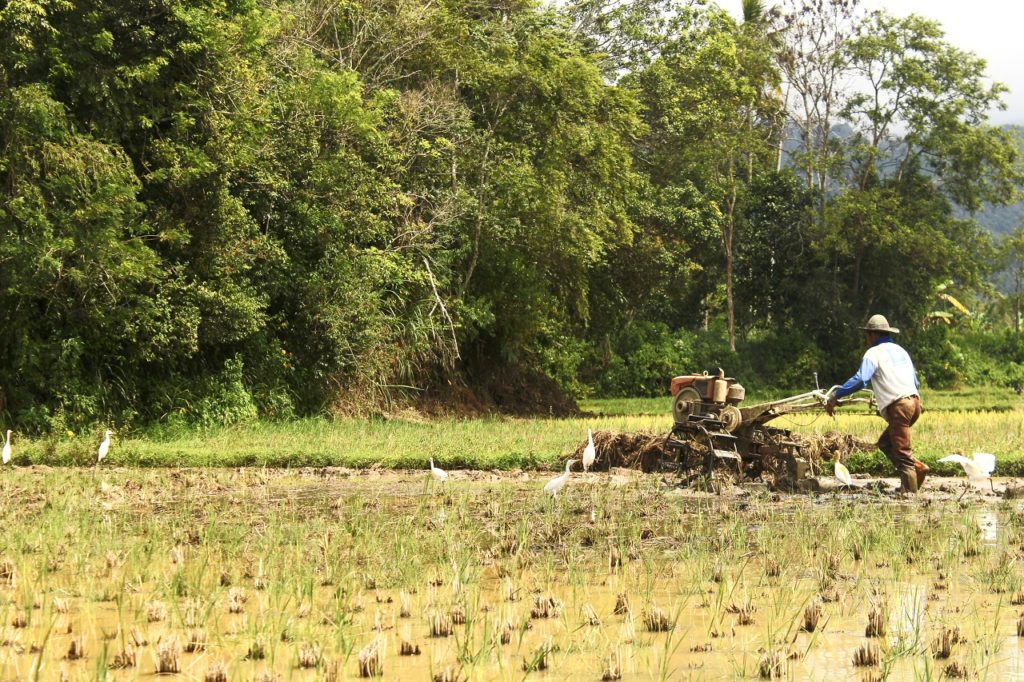The cannabis law in South Africa is complex after the Constitutional Court declared that growth and private use should be protected by privacy rights. However, cannabis remains a controlled substance under the law. Many pointed out that a legal cannabis industry could contribute significantly to South Africa’s economic growth, while opponents argued that it is serious drug abuse.
Could cannabis production cause famine in South Africa?


In South Africa, in the area of Cape of Good Hope cannabis will be soon legalized for the locals. The government of South Africa wants to improve both medicine and food supply in the country. An agricultural association called AgriSA, which is something like the German Farmers’ Association, has come forward and is talking about the difficulties that legalized indoor and outdoor cannabis cultivation would bring.
By installing the Hemp.im mobile application, you will be the first to know and receive an update from the best cannabis news aggregator. Learn about the potential opportunities in the rapidly changing marijuana space and become familiar with leading professional investors focused on the cannabis industry.
Cannabis business in South Africa
Cannabis business in South Africa could reach $3 billion and serve more than 200.000 people. There is evidence in the favor of cannabis, but it is “weak or moderate”. AgriSA said that growing cannabis in South Africa would affect the food industry. The farmers between Cape Town and Johannesburg would rather plant cannabis seeds in the ground in expectation of big profits, than corn and beans. Is that justified or just one of the usual shenanigans of the anti-cannabis lobby? Will people in South Africa starve to death because of cannabis seeds in the soil and cannabis spots in the field?
What kind of problem does AgriSA have with cannabis?
The association has existed since 1904 and is used by white farmers to a large extent to protect their interests. South Africa’s government has recently presented plans to cultivate cannabis, which should help especially small farmers with economic management. The government also wants to promote cannabis with THC as a luxury food and medicine, as well as the practical useful cannabis in the fields.


AgriSA pointed out the following risks for the often fragile chain of sufficient food production in Africa:
- insufficient water supplies,
- Lack of fertilizer,
- higher yields of cannabis and hemp displace other crop rotations,
- a shift towards a commercial rather than a basic cultivation strategy.
As to be expected, the criminals who are supposedly hovering around the fields are once again conjured up. It would require massive police action to protect the hemp seeds and so on. People already know these tirades as a bogus argument against growing cannabis directly and against any form of hemp legalization indirectly. Are the formulated risks especially in Africa perhaps justified?
Competition in the agricultural sector
It is certainly true that massive monocultures can leach the soil, favor pests and, in the end, reduce the yield of a crop. Does anyone seriously believe that farmers in South Africa will only grow cannabis as of tomorrow? The consumption of cannabis and the private cultivation of a few plants, whether with the high-quality seeds indoors or outdoors, was already allowed in the Cape in 2018. Now, the release to grow cannabis for commercial purposes is taking place.
The farmers are supposed to produce cannabis for high-quality cannabidiol, which is popular and widely used, and the intoxicating cannabis with THC is used for medical therapies. However, the government’s plans are quite manageable, there are quotas and designated licenses so that the development of a cannabis monoculture in South Africa is impossible.
__
(Featured image by Damian Patkowski via Unsplash)
DISCLAIMER: This article was written by a third party contributor and does not reflect the opinion of Hemp.im, its management, staff or its associates. Please review our disclaimer for more information.
This article may include forward-looking statements. These forward-looking statements generally are identified by the words “believe,” “project,” “estimate,” “become,” “plan,” “will,” and similar expressions. These forward-looking statements involve known and unknown risks as well as uncertainties, including those discussed in the following cautionary statements and elsewhere in this article and on this site. Although the Company may believe that its expectations are based on reasonable assumptions, the actual results that the Company may achieve may differ materially from any forward-looking statements, which reflect the opinions of the management of the Company only as of the date hereof. Additionally, please make sure to read these important disclosures.
First published in THC.GUIDE, a third-party contributor translated and adapted the article from the original. In case of discrepancy, the original will prevail.
Although we made reasonable efforts to provide accurate translations, some parts may be incorrect. Hemp.im assumes no responsibility for errors, omissions or ambiguities in the translations provided on this website. Any person or entity relying on translated content does so at their own risk. Hemp.im is not responsible for losses caused by such reliance on the accuracy or reliability of translated information. If you wish to report an error or inaccuracy in the translation, we encourage you to contact us.



Comments are closed for this post.